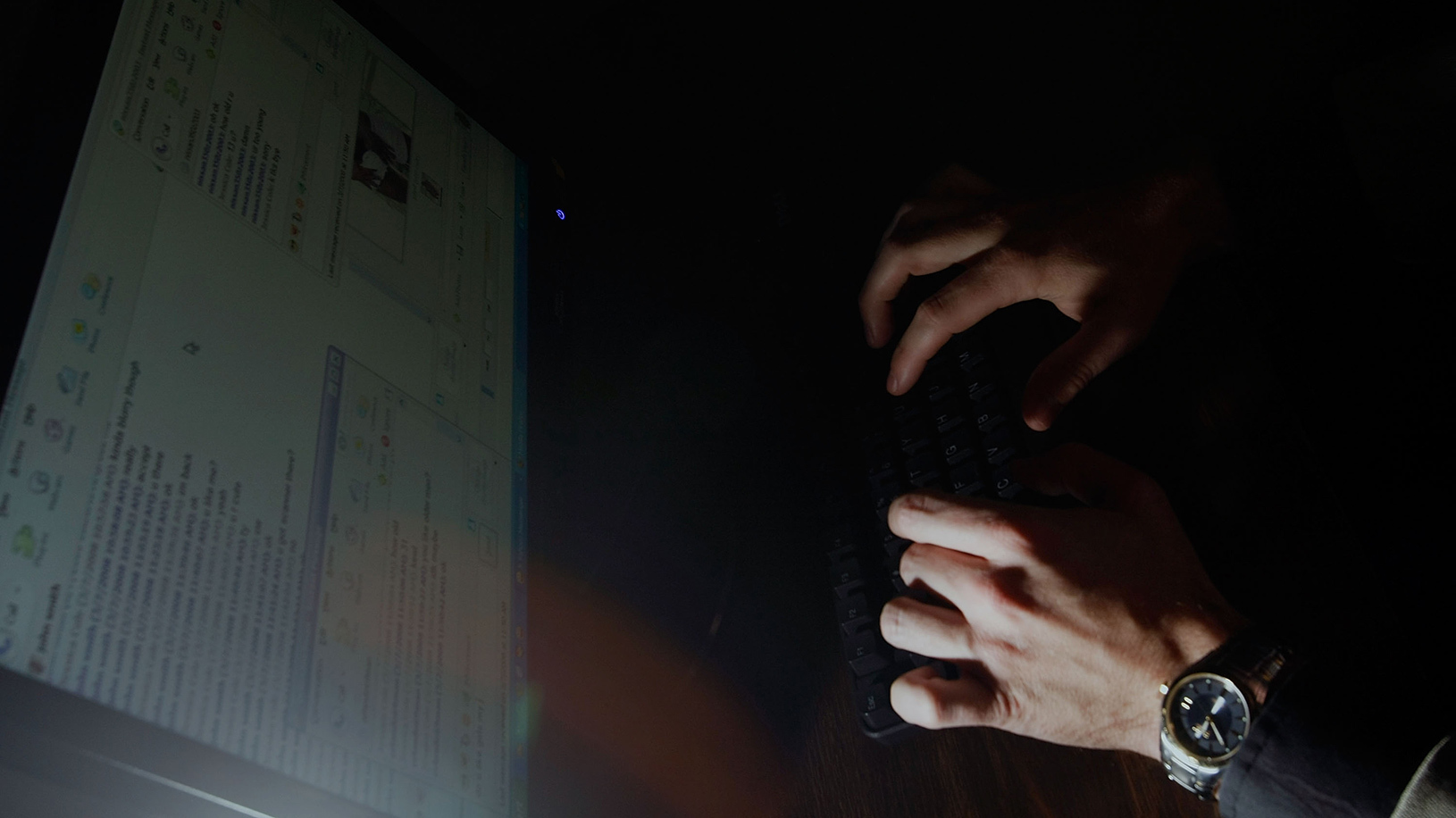
Getty Images



Online anonymity is widely debated for its role in fomenting hate, mis- and disinformation, and toxicity. Critics contend if it was abolished, users would be less likely to post incendiary content and commit crimes, while supporters say it is essential to protect marginalized people and political activists. With online hate and harassment remaining high, would abolishing online anonymity be a viable solution?
ADL’s Center for Technology & Society looks at the benefits and harms of online anonymity, major court cases weighing in on the practice, and countries worldwide that have grappled with similarly thorny questions around free speech and curbing abuse.
Online anonymity–avoiding public identification when using internet services–has been a critical aspect of communicating and interacting with others online since the early bulletin boards of the 1980s. The ability to post anonymously on the internet has protected whistleblowers holding powerful institutions accountable, political dissidents fighting for greater freedoms, and targets seeking safety from their abusers and harassers.
Online anonymity is best understood not as a real versus fake binary but a continuum. Different online services afford their users varying degrees of anonymity:
There are technical limits to total anonymity, at least on publicly accessible internet (sometimes called the “clearnet” in contrast to the dark web, where such anonymity is possible). Most websites, including 4chan, track and record users’ internet protocol (IP) addresses, which can be traced back to specific individuals as long as they are not using a virtual private network (VPN).2 But in terms of how users’ identities appear to others, online anonymity for any given service falls somewhere along this continuum.
To further complicate matters, internet users only sometimes have one-to-one relationships to online accounts. Multiple individuals can operate a single account, or a user can operate several accounts on the same service. In other words, even in cases where the service’s terms of use limit a user’s anonymity, their online identity may not be closely tied to their offline identity.
Anonymity plays a role in enabling online hate, harassment, and misinformation. Concerns about the role of online anonymity in crime, dis- and misinformation, and toxic behavior from insults to cyberharassment are common—and not without good reason. For example, the Russia-based Internet Research Agency attempted to manipulate public opinion during the 2016 U.S. elections by creating fake social media accounts and groups to comment on divisive social issues like race and immigration. Anonymous “troll storms” are methods for harassment and intimidation that are difficult, if not impossible, to prosecute.
Incidents like those above have led some to advocate for restrictions on anonymity to improve safety online and reduce toxicity. For example, Senator John Kennedy, Republican of Louisiana, announced in 2021 a plan to introduce legislation requiring social media users to verify their legal identities in the hopes that it would reduce online toxicity (critics argued that this may have been unconstitutional, and Kennedy has yet to introduce the bill). Before finalizing his acquisition of Twitter in 2022, Elon Musk floated a proposal to “authenticate all real humans” on the platform to combat automated and inauthentic accounts. So far Musk’s idea has not come to fruition, but it indicates his openness to rolling back protections for anonymity on Twitter.
Doing away with online anonymity will not solve the problem of hate, harassment, and disinformation. Research has shown that forcing people to post online under their “real” names has little meaningful impact on mitigating toxicity and harassment; after all, many users have no problem posting hateful messages or engaging in harassment under their real names.
Moreover, anonymity is the key to safety for many internet users, and is worth protecting.
But anonymity does have the potential to cause harm, making it possible for extremists and harassers to terrorize targets—typically marginalized individuals and communities—with impunity, and for criminals to avoid justice. In cases of clear threats to safety, reasonable measures can and should be taken to unmask offenders.
At the most basic level, anonymity shields individuals from having their offline identities connected to their online activities. For those who wish to cause harm to others or to commit crimes, anonymity can be a very powerful tool. While courts have ruled in favor of protecting online anonymity in most cases, some examples when they have authorized unmasking include:
Requiring that everyone use their actual names when participating online can put some users in greater danger. Facebook’s “real-name” policy is an outlier in social media concerning restrictions on anonymity. In fact, Facebook’s enforcement of its policy has harmed marginalized individuals and groups, including:
Governments around the world have passed—and rescinded—laws restricting the rights of internet users to be anonymous or pseudonymous online. Proposals are typically framed as a way to protect the public from threats, harassment, and low-quality information.4 More often than not, however, the effects of such laws are to strengthen governments’ surveillance capabilities and limit criticism from citizens.
Some recent, high-profile examples of laws and proposals restricting online anonymity include:
Online anonymity is a powerful and important right for internet users. It helps protect speech, expression, and safety for millions worldwide. While many believe that online anonymity emboldens people to be more hateful and engage in more harassment, research has shown little evidence to support such claims. There are, however, compelling examples of how anonymity makes it harder to hold hateful extremists, harassers, and criminals accountable for the harm that they cause. Online anonymity cannot be treated as an “all or nothing” feature of the internet; just as there are different degrees to which online services afford anonymity, there are also cases in which anonymity impedes freedom, security, and justice. Because anonymity can be a barrier to justice, platforms must, at a minimum, be able to identify those using their services anonymously should that be necessary to prevent or address harm. Lawmakers must also strike an appropriate, well-reasoned balance between protecting individuals’ rights to privacy and security and ensuring anonymity cannot be exploited toward nefarious ends.